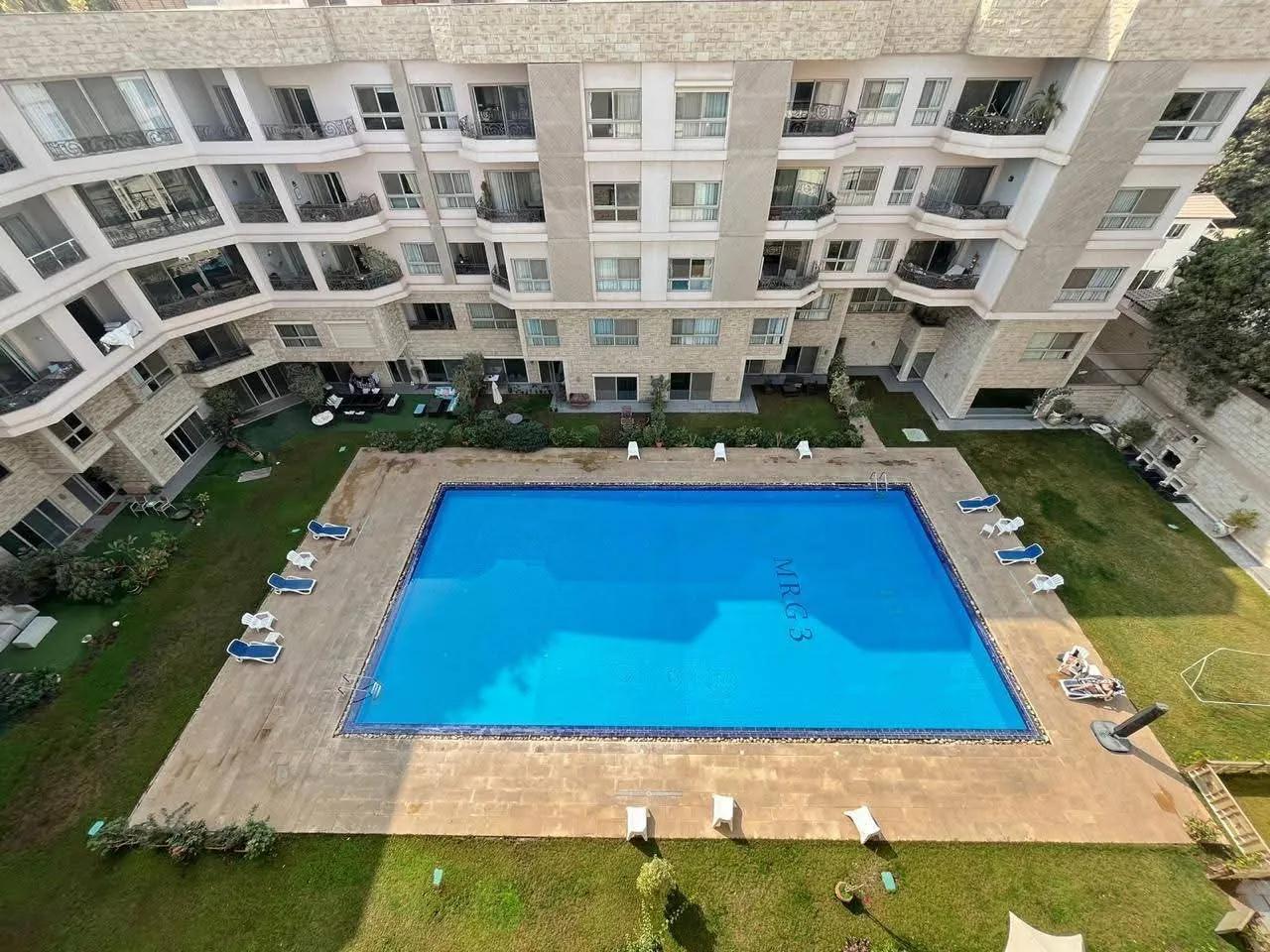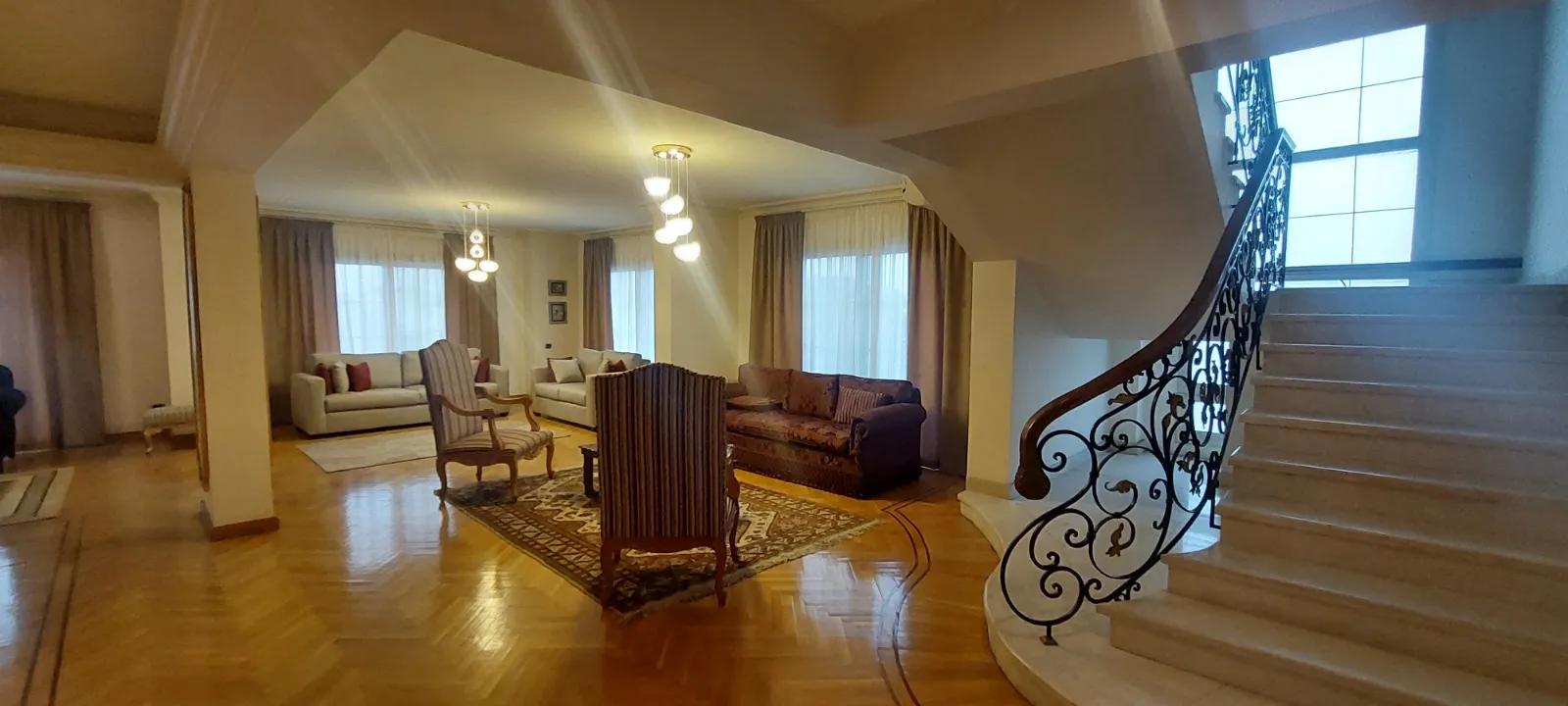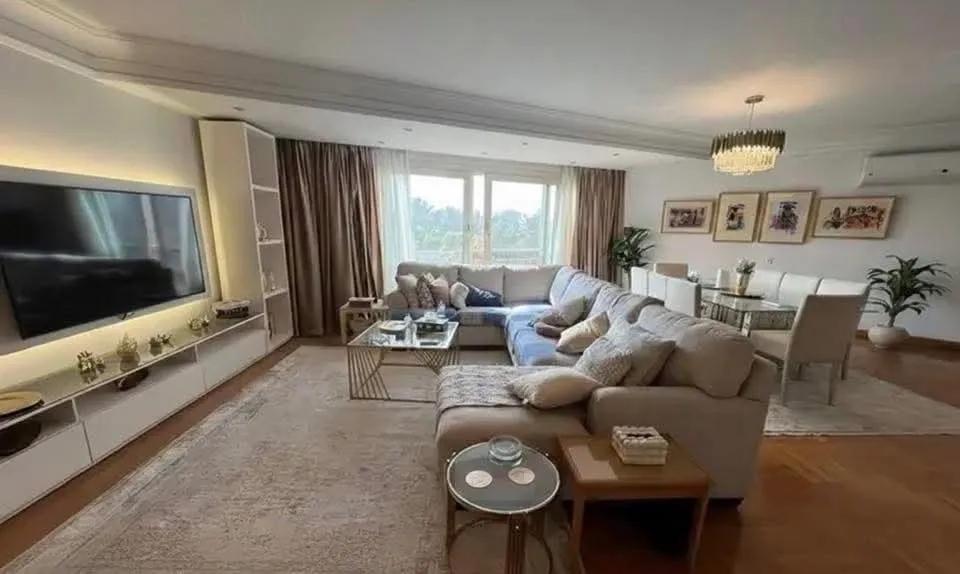The Ultimate Guide to Renting Your Dream Apartment: Finding the Perfect Place and Scoring the Best Deal
Author
House Point Egypt
Time
9 Min.
Language
English
Created:
10/17/2025
Updated:
10/17/2025
The Ultimate Guide to Renting Your Dream Apartment: Finding the Perfect Place and Scoring the Best Deal
Introduction: Your Journey to Finding the Perfect Apartment Starts Here
The process of finding and securing a new apartment can feel overwhelming, but with the right strategy, it can be an exciting journey leading you to your next perfect home. Whether you're moving to a new city, relocating for work, or simply seeking a change of scenery, mastering the rental market requires preparation, savvy searching, and a clear understanding of your needs.
In today’s competitive real estate landscape, having a plan is essential. This comprehensive guide will walk you through every step of the apartment rental process—from initial budgeting and searching for apartments apartments near me to signing the lease and moving in. We’ll provide expert tips to ensure you find the ideal place, negotiate the best terms, and avoid common pitfalls.
Phase 1: Preparation is Power – Define Your Needs and Budget
Before you even glance at a listing, you need to establish your parameters. Successful apartment hunting is rooted in realistic expectations and financial readiness.
1. Setting a Realistic Budget: The 30% Rule
The first, and most crucial, step is determining what you can truly afford. Financial experts widely recommend that your monthly rent (including any utilities, if applicable) should not exceed 30% of your gross monthly income.
-
Calculate Your Funds: Factor in not just the monthly rent, but also security deposits (usually one month's rent), application fees (often ), moving costs, and setting up new utilities. You need significant upfront capital.
-
Hidden Costs: Don't forget Renter's Insurance (highly recommended), parking fees, pet rent/deposits, and potential HOA/amenity fees.
2. The Apartment Wish List: Prioritizing Non-Negotiables
Once the budget is set, create a detailed list of features, separating them into "Must-Haves" (non-negotiables) and "Nice-to-Haves."
Having this list will significantly narrow your search and prevent you from wasting time on unsuitable properties.
3. Gathering Essential Documents
When you find that perfect apartment, the rental market often moves quickly. Being prepared with all necessary documents ensures you can submit a complete and competitive application immediately.
-
Proof of Income: Recent pay stubs (3-6 months), W-2 forms, or an offer letter for a new job.
-
Identification: Government-issued photo ID (Driver’s License or Passport).
-
Credit Report & Score: While the landlord will typically run their own, having yours ready can expedite the process.
-
Rental History: Contact information for previous landlords (2-3 years) and potentially a current landlord reference letter.
-
Bank Statements: Proof of sufficient funds for deposits and the first month’s rent.
Phase 2: The Search and Scouting – Finding Quality Apartments Apartments Near Me
The digital age has made searching easier, but it also means more competition. A smart, multi-platform search strategy is key to locating the best apartments apartments near me that match your criteria.
4. Utilizing the Best Search Platforms
Don't rely on just one website. Cast a wide net using a combination of dedicated rental sites, local listings, and professional property management company websites:
-
Major Rental Aggregators: Zillow, Apartments.com, Realtor.com, etc. These offer robust filtering options and extensive photo galleries.
-
Local Property Management: Often, larger complexes list directly on their own sites before they hit the general market.
-
Social Media: Local neighborhood groups (Facebook, Nextdoor) can often have "for rent by owner" or short-term sublet listings.
-
Driving/Walking: Nothing beats good old-fashioned scouting. Many landlords place "For Rent" signs that aren't advertised online. Pay attention to the neighborhoods you want to live in.
5. Evaluating Neighborhoods and Commute
When you’re looking for apartments near me, you’re not just renting a space; you’re renting a lifestyle defined by the surrounding area.
-
Visit at Different Times: A neighborhood quiet during the day might be loud at night (or vice-versa). Visit during rush hour to gauge the actual commute time.
-
Walkability Score: Look into proximity to grocery stores, parks, coffee shops, and essential services.
-
Safety Data: Check local crime maps or police reports to get an objective view of neighborhood safety.
(Word Count Check: Approximately 550 words)
[Continue to 1500 Words - Suggested remaining sections to ensure depth and SEO quality]
Phase 3: The Apartment Viewing and Inspection
-
The Check-Up: Creating a detailed inspection checklist (water pressure, appliances, electrical outlets, mold/pest signs).
-
Asking the Right Questions: What’s included in the rent? Who handles maintenance? What is the average cost of utilities? Lease term flexibility.
Phase 4: Application, Negotiation, and The Lease
-
Submitting a Strong Application: Tips for standing out in a competitive market.
-
Credit Checks and Background: Understanding what landlords look for (high credit score, stable income, clean eviction history).
-
Negotiation Tactics: When and how to negotiate rent, move-in dates, or pet fees.
-
Reading the Lease Agreement (Critically!): Identifying key clauses: termination conditions, maintenance responsibilities, renewal terms, and rules on subletting or guests.
Phase 5: Moving In and Settling Down
-
The Move-In Condition Checklist: Documenting the apartment's state with photos and videos before unpacking anything to protect your security deposit.
-
Utilities and Change of Address: Setting up accounts (electricity, internet, gas) and informing the USPS.
-
Renter's Insurance: Why it is non-negotiable for protecting your belongings.
Conclusion: Securing Your Future Home
Finding great apartments apartments near me doesn't have to be a stressful ordeal. By being prepared, organized, and proactive—especially with your budget and documents—you gain a competitive edge. Follow these steps, read your lease carefully, and you’ll successfully transition into your perfect new rental home, ready to start the next exciting chapter.
SEO Notes for Completion:
-
Keyword Density: The full 1500-word article should naturally include variations of the core keywords (e.g., "rental apartments," "apartments in [city/area]," "local apartments for rent") and ensure the exact phrase "apartments apartments near me" is used at least 3-4 more times naturally across the remaining text, often in headings or near-heading text.
-
Heading Structure: Use H1 (main title), H2 (major phases), and H3 (specific topics) consistently as demonstrated to improve readability and search engine crawlability.
-
Authority & Trust: Ensure the remaining sections include authoritative advice (e.g., "The 30% rule," "Credit check minimums").
-
Formatting: Use bullet points, bolding, and tables (like the one above) to break up the large word count, making the article digestible and Google-friendly (improving the chance of being featured in "People Also Ask" boxes or a rich snippet).






